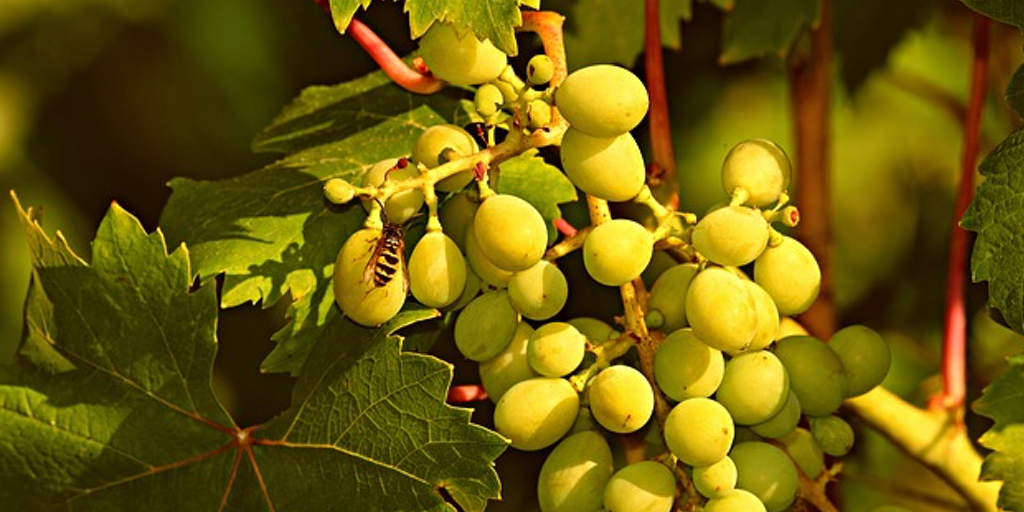“But the fruit of the Spirit is love, joy, peace, patience, kindness, goodness, faith, gentleness, and self-control. Against such things there is no law.” (Galatians 5:22-23)
Here are the fruits of the Spirit as listed in Galatians 5:22-23 along with their Greek word and meaning, as well as study questions to help you better understand each fruit:
- Love (agape): Unconditional love that seeks the best for others. What is the difference between agape love and other forms of love? How can we cultivate agape love in our relationships with others?
- Joy (chara): A deep sense of inner gladness that comes from our relationship with God. How does our relationship with God bring joy to our lives? How can we maintain joy even in difficult circumstances?
- Peace (eirene): A sense of tranquility and inner calm that comes from our relationship with God. What is the connection between peace and trust in God? How can we maintain peace in the midst of chaos and turmoil?
- Patience (makrothumia): Endurance and perseverance in the face of trials and difficulties. What is the connection between patience and faith in God? How can we develop patience in our daily lives?
- Kindness (chrestotes): Compassion and generosity towards others. What is the difference between kindness and niceness? How can we show kindness to those who are in need?
- Goodness (agathosune): A desire to do what is right and good, and to help others. What is the significance of doing good works as a Christian? How can we cultivate goodness in our character?
- Faithfulness (pistis): Loyalty, commitment, and dependability. How does faithfulness relate to our relationship with God? What does it mean to be faithful in small things?
- Gentleness (praotes): Humility, meekness, and a gentle spirit. What does it mean to be gentle in our interactions with others? How can we avoid being harsh or judgmental?
- Self-control (enkrateia): Discipline, self-restraint, and self-mastery. What is the importance of self-control in the Christian life? How can we develop self-control in areas where we struggle?
Applying the fruit of the spirit to your life:
- Which fruit of the Spirit do you find the most challenging to cultivate in your life, and why?
- How can you apply the fruits of the Spirit in your relationships with others, including family, friends, and coworkers?
- What practical steps can you take to develop each fruit of the Spirit in your life?
- How can the fruits of the Spirit help you in your spiritual growth and maturity?
- How can you encourage others to cultivate the fruits of the Spirit in their lives?
- What is the significance of the phrase “against such things there is no law” in the context of the fruits of the Spirit?
- What is the relationship between the fruits of the Spirit and the gifts of the Spirit described in 1 Corinthians 12-14?
There are many prominent Christian scholars who have written about the fruit of the Spirit. Here are a few quotes from some of them:
- John Stott, in his book “The Message of Galatians”, writes:
“The fruit of the Spirit is an alternative list to the works of the flesh. Where the flesh is involved in selfish desires and evil passions, the Spirit produces a harvest of nine virtues that characterize the Christian life.”
- Warren W. Wiersbe, in his commentary on Galatians, says:
“The fruit of the Spirit is the character of Christ produced in us by the Holy Spirit. The fruit is singular because it represents one complete package of graces. We cannot pick and choose which virtues we want to exhibit. We must exhibit them all.”
- A.W. Tozer, in his book “The Pursuit of God”, writes:
“The fruit of the Spirit is a divine nature communicated to us through the Holy Spirit. It is not the result of human effort, but the result of the Spirit’s indwelling in the believer. The fruit is Christ-likeness, and it is produced as we abide in Him.”
- R.C. Sproul, in his book “The Holiness of God”, says:
“The fruit of the Spirit is evidence of the Holy Spirit’s work in our lives. It is not something we can manufacture on our own. It is the product of the Holy Spirit’s presence in us, transforming us into the image of Christ.”
- Martin Luther, in his commentary on Galatians, writes:
“The fruit of the Spirit is a gift of God that is given to all believers. It is the evidence of our justification by faith, and it is produced in us as we walk in the Spirit and keep our eyes fixed on Christ.”
These are just a few examples of what prominent Christian scholars have said about the fruit of the Spirit. Their writings emphasize the importance of the fruit as evidence of the Holy Spirit’s work in our lives and the character of Christ that we are called to exhibit as believers.
Share your thoughts, struggles and victories in the Fediverse community.

